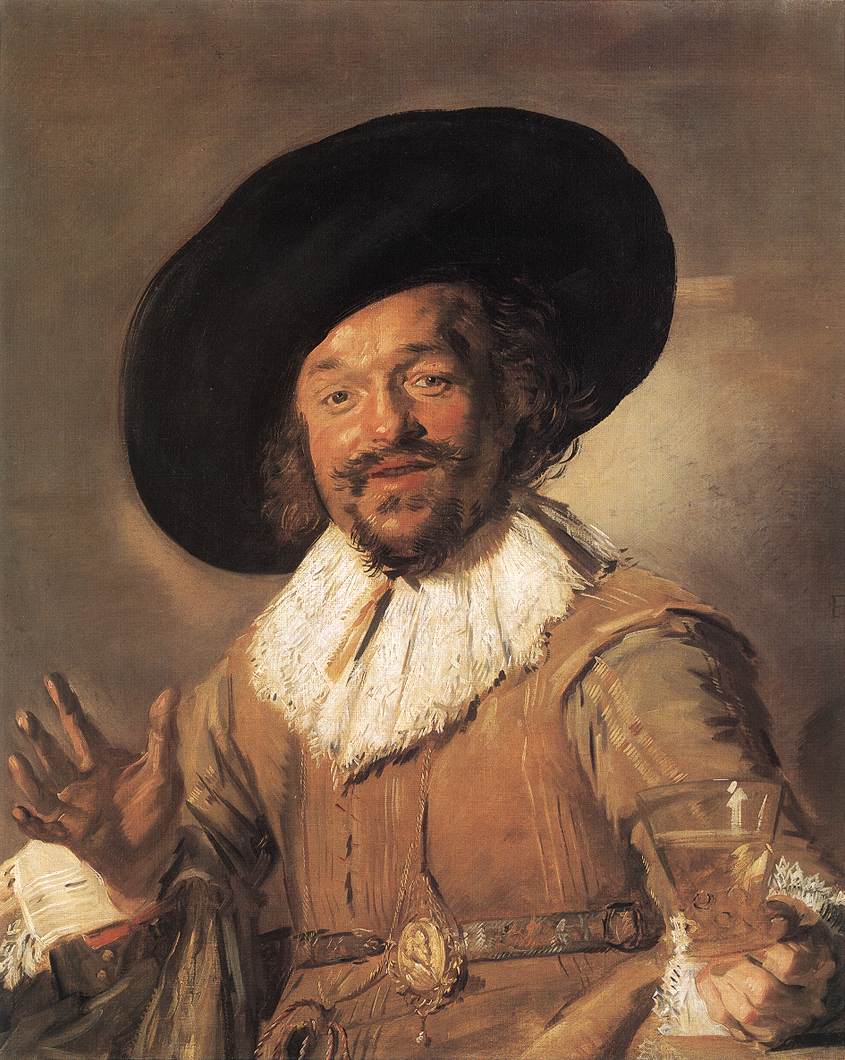
Drinking culture
Drinking culture is the set of traditions and social behaviours that surround the consumption of alcoholic beverages as a recreational drug and social lubricant. Although alcoholic beverages and social attitudes toward drinking vary around the world, nearly every civilization has independently discovered the processes of brewing beer, fermenting wine, and distilling spirits, among other practices.[1] Many countries have developed their own regional cultures based on unique traditions around the fermentation and consumption of alcohol, which may also be known as a beer culture, wine culture etc. after a particularly prominent type of drink.
Alcohol, a psychoactive substance with addictive properties and other effects, has been present in numerous societies over the centuries.[2] Drinking is documented in the Hebrew and Christian Bibles,[3] in the Qur'an, in Greek and Roman literature as old as Homer, in Confucius’ Analects, and in various forms of artistic expression throughout history.
History[edit]
Alcohol has played a significant role in human history. The production and consumption of alcoholic beverages date back to ancient civilisations. The earliest evidence of Alcohol comes from a Neolithic village dating to around 7000BC in the Yellow Valley.[4] Societies and cultures around the world have made use of intoxicating substances, with alcohol as the most popular, featured in temple rituals for ~2,000 years. In Mesopotamia, the world's oldest known recipe for beer-making can be traced back to 3200 BC, with related pictographs dated to 4000 BC.[5] Similarly, wine has ancient roots, with evidence of production in Jemdet Nasr in 3000 BC,[5] Georgia from around 6000 BC, and Iran from 5000 BC.[6][7] These practices were not just culinary but often held religious and medicinal significance.
Since the Greek and Roman eras, Bacchanalia rituals involved consuming heavy levels of alcohol to reach an ecstatic state of mind. Bacchanalian fraternities promote the festive consumption of wine.[8]
Moderate drinking, responsible drinking, and social drinking are often used interchangeably, but with slightly different connotations:
In many cultures, good news is often celebrated by a group sharing alcoholic drinks. For example, sparkling wine may be used to toast the bride at a wedding, and alcoholic drinks may be served celebrate a baby's birth. Buying someone an alcoholic drink is often considered a gesture of goodwill, an expression of gratitude, or to mark the resolution of a dispute.